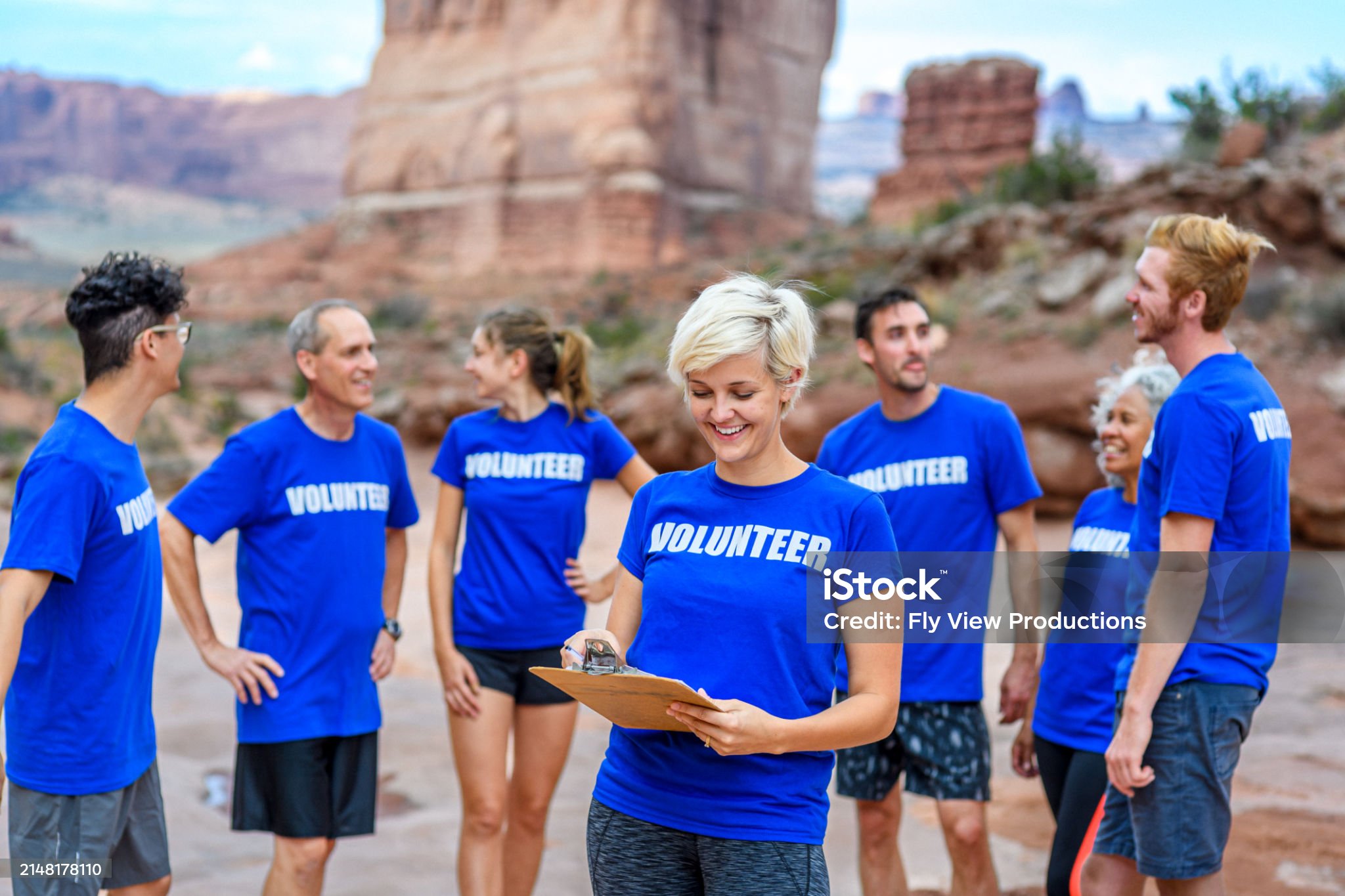Volunteer travel is a unique opportunity to make a difference while exploring the world. However, being an effective volunteer requires more than just good intentions. Developing certain skills can help you navigate challenges, connect with communities, and maximize your impact. Here are 10 skills that will make you a better volunteer traveler.
1. Adaptability
Volunteer travel often involves unpredictable situations, from last-minute schedule changes to cultural differences. Being adaptable allows you to handle these challenges with ease. Embrace flexibility and approach unexpected changes with a positive attitude. For example, if your project plans shift, use the opportunity to learn something new or explore a different aspect of the community. Adaptability ensures you can make the most of every situation.
2. Cultural Sensitivity
Understanding and respecting local customs, traditions, and values is crucial for building trust and rapport with the community. Take time to learn about the culture before your trip, including appropriate greetings, dress codes, and social norms. Avoid making judgments or comparisons, and show genuine respect for the way of life in your host community. Cultural sensitivity fosters meaningful connections and ensures your actions are well-received.
3. Communication Skills
Effective communication is key to successful volunteer work, especially when language barriers exist. Learn basic phrases in the local language to show respect and make daily interactions easier. Practice active listening and ask questions to better understand the needs and perspectives of the community. Clear and respectful communication helps you collaborate effectively and avoid misunderstandings.
4. Problem-Solving
Volunteer travel often involves solving unexpected problems, from logistical issues to project challenges. Develop your problem-solving skills by staying calm, analyzing the situation, and brainstorming creative solutions. For example, if supplies run out, think of alternative materials or methods to complete the task. Being resourceful and proactive ensures you can overcome obstacles and keep projects on track.
5. Teamwork
Volunteer work is rarely done alone. Whether you’re collaborating with other volunteers or local community members, teamwork is essential. Be open to sharing ideas, dividing tasks, and supporting others. Respect different perspectives and work together to achieve common goals. Strong teamwork skills help you build positive relationships and accomplish more as a group.
6. Patience
Volunteer travel can be slow-paced, especially in communities with different work styles or limited resources. Patience is key to staying motivated and maintaining a positive attitude. Understand that change takes time and that your efforts, no matter how small, contribute to long-term impact. Patience also helps you navigate cultural differences and build trust with the community.
7. Empathy
Empathy allows you to connect with the people you’re serving on a deeper level. Put yourself in their shoes and try to understand their experiences, challenges, and aspirations. Show compassion and kindness in your interactions, and be mindful of how your actions affect others. Empathy fosters genuine connections and ensures your work is meaningful and respectful.
8. Organizational Skills
Staying organized is crucial for managing your time, tasks, and resources effectively. Create a schedule or checklist to keep track of project goals, deadlines, and responsibilities. Keep your belongings and workspace tidy to avoid unnecessary stress. Strong organizational skills help you stay focused and ensure you make the most of your volunteer experience.
9. Resilience
Volunteer travel can be physically and emotionally demanding. Resilience helps you stay strong and motivated, even in challenging situations. Practice self-care, maintain a positive mindset, and remind yourself of the impact you’re making. Resilience also helps you bounce back from setbacks and continue working toward your goals.
10. Leadership
Even if you’re not in a formal leadership role, demonstrating leadership qualities can enhance your volunteer experience. Take initiative, inspire others, and lead by example. Be proactive in identifying needs and finding solutions. Leadership skills help you make a greater impact and empower others to do the same.
By developing these skills, you can become a more effective and impactful volunteer traveler. Whether you’re building homes, teaching, or supporting conservation efforts, these abilities will help you navigate challenges, connect with communities, and make a lasting difference. Happy volunteering! 🌍✨
